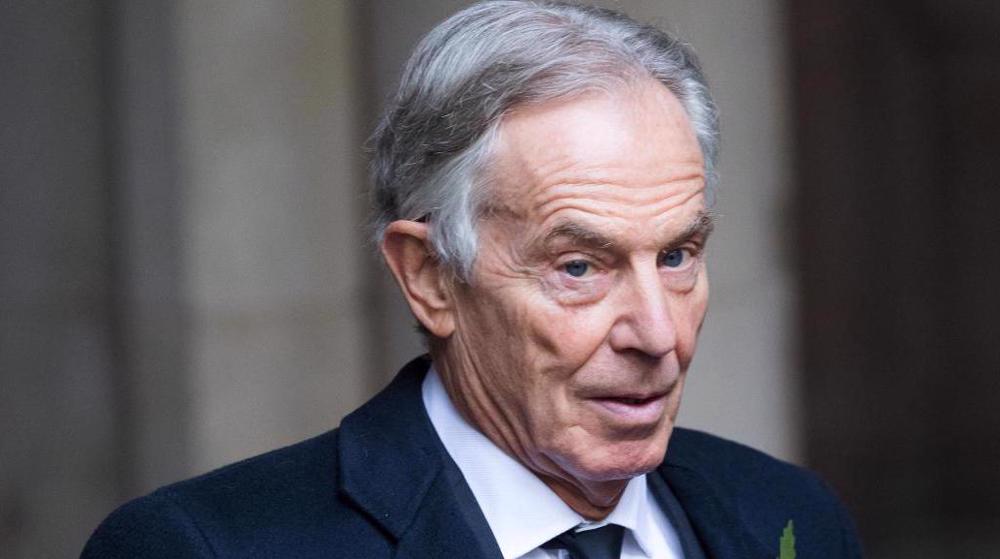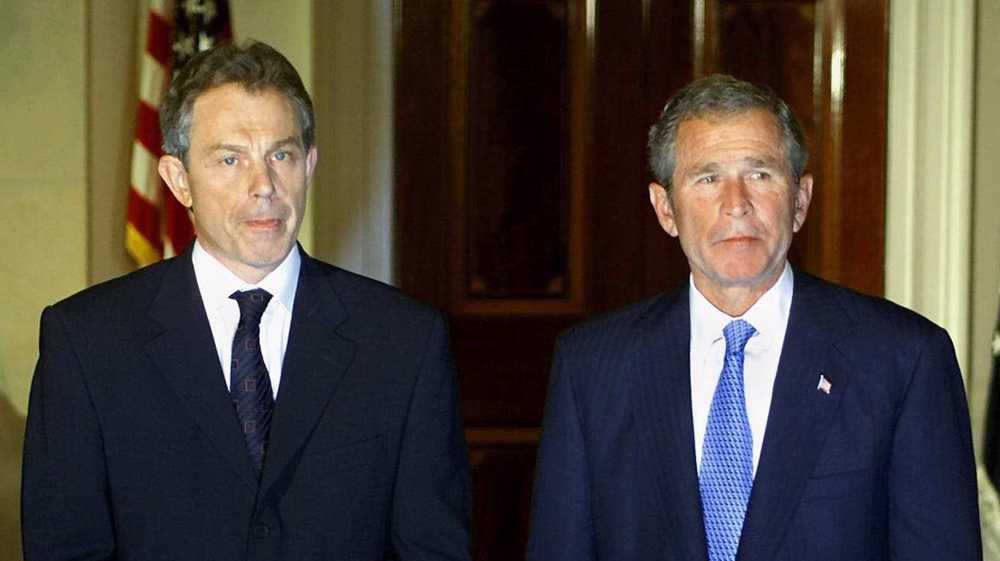UK govt. scraps plans to reduce support for poor workers
British Finance Minister George Osborne has scrapped plans to reduce state support for low-income workers.
Addressing the parliament, he said improved public finances meant he could deliver his overall $18 billion welfare savings without the cuts.
Last month, Osborne was forced to back down on a proposal to reduce the payment of so-called tax credits, which supplement the income of low-paid workers, after it was rejected by the UK’s upper house of parliament.
"Because I've been able to announce today an improvement in the public finances, the simplest thing to do is not to phase these changes in, but to avoid them altogether," he told parliament.
Delivering his combined autumn statement and spending review, Osborne said higher-than-expected tax revenues and lower interest payments on government debt had opened up an extra £27bn of fiscal wriggle-room, which would allow him to cancel the cuts altogether.

Osborne said he would cut £12bn from the country’s welfare bill, but do so, “in a way that helps families, as we make the transition to our national living wage”.
He also announced £12bn of cuts to government departments, moving Britain “out of the red, and into the black”, promising that efficiency savings and changes in the way Britain is governed would allow the Treasury to continue investing in protected areas including health and education.
He promised that there would be no cuts in police budgets, saying: “the police will protect us, and we are going to protect the police”.
As media reports say, the Treasury will still target a £10bn surplus on the public finances by the end of this parliament, as expected in his July budget. The latest forecasts show a £73.5bn deficit in the current financial year, falling to a shortfall of just £4.6bn in 2018-19, and turning into a surplus of £10.1bn in 2019-20.

Meanwhile, many departments will face deep cuts in their budgets for day-to-day spending: 37% for the Department for Transport, 15% for the Department for Environment, Food and Rural Affairs and 17% at Business, Innovation and Skills.
However, Osborne emphasized that capital budgets for longer-term projects will be protected, allowing him to promise the biggest road-building programme since the 1970s, and more funding for investment in innovative energy technologies, for example.
Meanwhile, as expected, Osborne singled out housing as a major theme, promising to double the housing budget to £2bn, and “turn Generation Rent into Generation Buy”, including by providing financial support for building 200,000 “Starter Homes” — a policy first announced earlier this year.
“Basically what George Osborne has announced is that he is scrapping tax credit cuts and this is a massive huge U-turn and it was unexpected because we were expecting that he will go ahead with it,” a London-based commentator told Press TV’s UK Desk.
Javier Farje said the new plans are a major coup adding the plans are going ahead despite oppositions from other parties.
Earlier, Labour leader Corbyn said the austerity measures adopted by the Conservative government are not economic policies by politically motivated moves.
Iran says any agreement with US must fully safeguard national rights, interests
VIDEO | Press TV's news headlines
Trump administration terminates aid programs to seven African countries: Report
IRGC warship back home after long-range deployment for BRICS naval drills
Democrats’ secret ‘autopsy’ report of 2024 election links Harris’ loss to Gaza stance
'Defeat is certain for them’: Iran Army chief derides enemy’s claim of invincibility
Explainer: How job scarcity is pushing working-class Americans to enlist in the military
Israel abducted over 100 Palestinians in West Bank since start of Ramadan: Rights group









 This makes it easy to access the Press TV website
This makes it easy to access the Press TV website